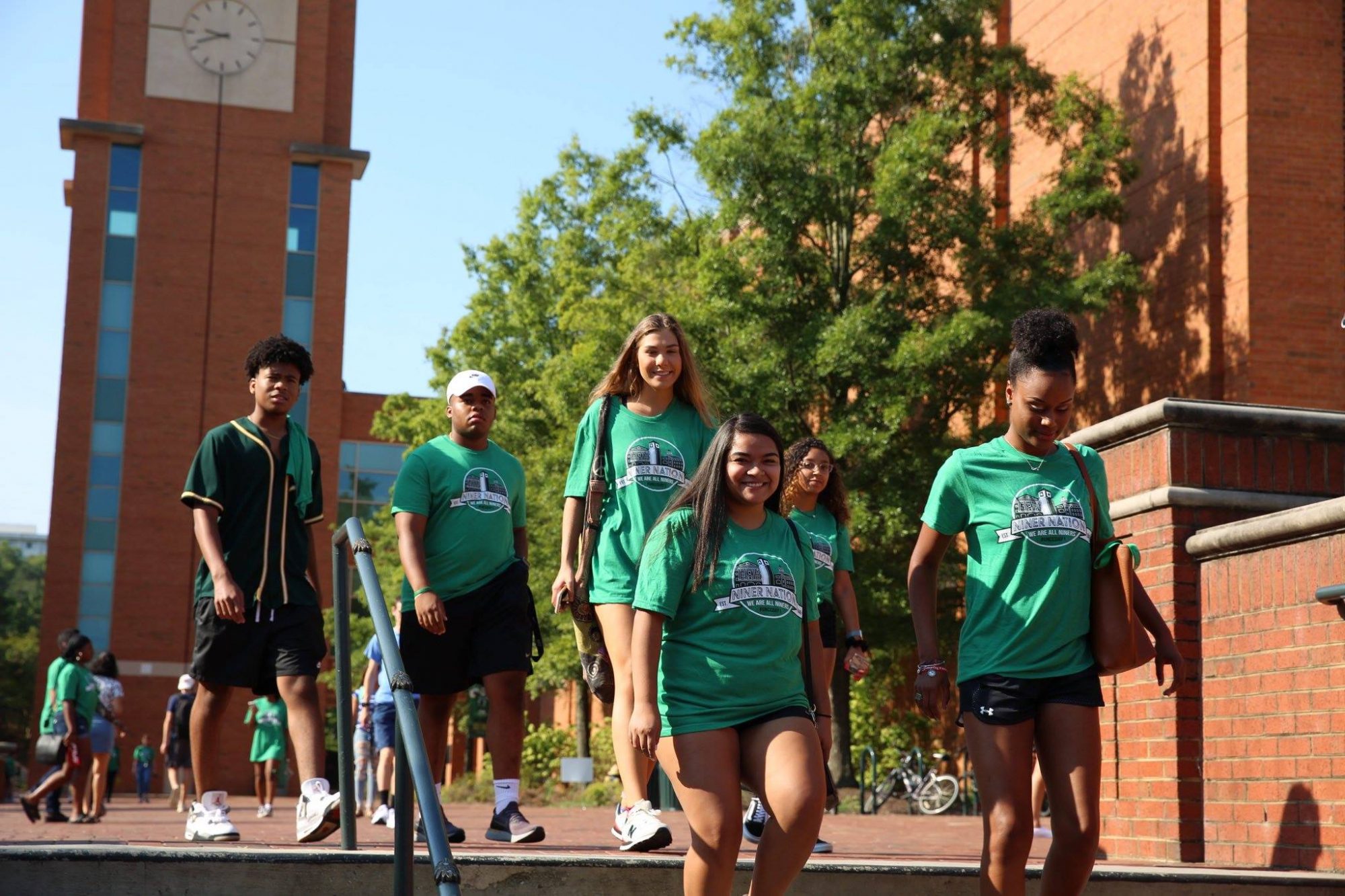Diversity
Vision
A university community where all can work, learn, and fully participate as their true selves in an environment free from harassment, uncivil actions, disrespect, and malice.
Mission
The Inclusion, Diversity, Equity, and Access committee (IDEA) provides resources, information, and support to all members of the College of Health and Human Services community by fostering growth, embracing intersectionality, and encouraging transparency and accountability between and among units and leadership.
Principles
As members of the College of Health and Human Services community:
- We believe that a diverse faculty, staff, and student body are critical to advancing teaching, scholarship, and community engagement at UNC Charlotte.
- We commit to providing resources for CHHS faculty, staff, and students to support diversity, equity, inclusion, accessibility, and intersectionality.
- We aim to hold space for those with less privilege and power.
Goals
As members of the College of Health and Human Services we:
- Promote a broad understanding of diversity, access, inclusion, and anti-oppressive practices.
- Provide a climate that is welcoming and conducive to the success of all students, faculty, and staff through active outreach to the college community and the broader community.
- Increase the recruitment and retention of underrepresented faculty, students and staff and work to advance their progression and success.
- Structure the curricula to include multiple perspectives and employ teaching strategies that prepare students for success in a diverse and global workplace.
- Ensure that these goals are met through regular assessment, accountability, and recognition of college systems, structures, practices, and policies that promote equity and inclusion for all members of the College community.
- Develop effective external relationships with local, state, and regional entities, with particular emphasis on minority and underrepresented communities, to enhance inclusive environments and diversity both on and off campus.
